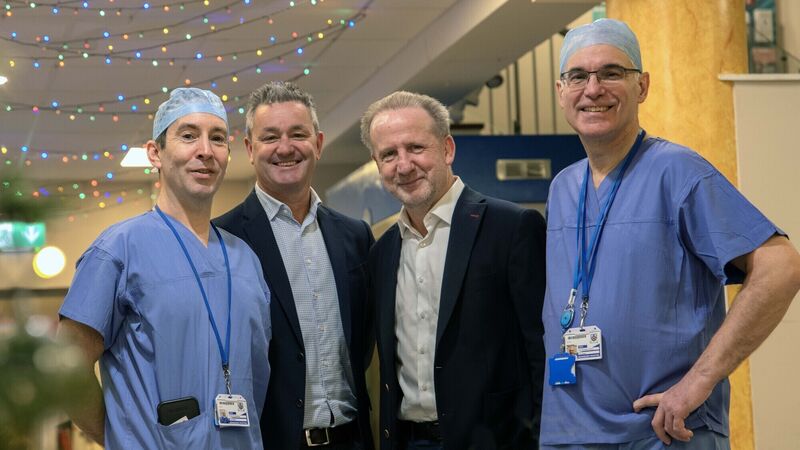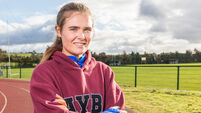Our Christmas miracles: Healthcare staff reflect on standout experiences as December 25 approaches

Dr Kieron Sweeney, neurosurgeon, Dr Ronan Kilbride, Professor David Webb, neurologist, and Dr Donncha O’Brien, neurosurgeon photographed at the Children's Hospital, Crumlin. Picture: Moya Nolan.











